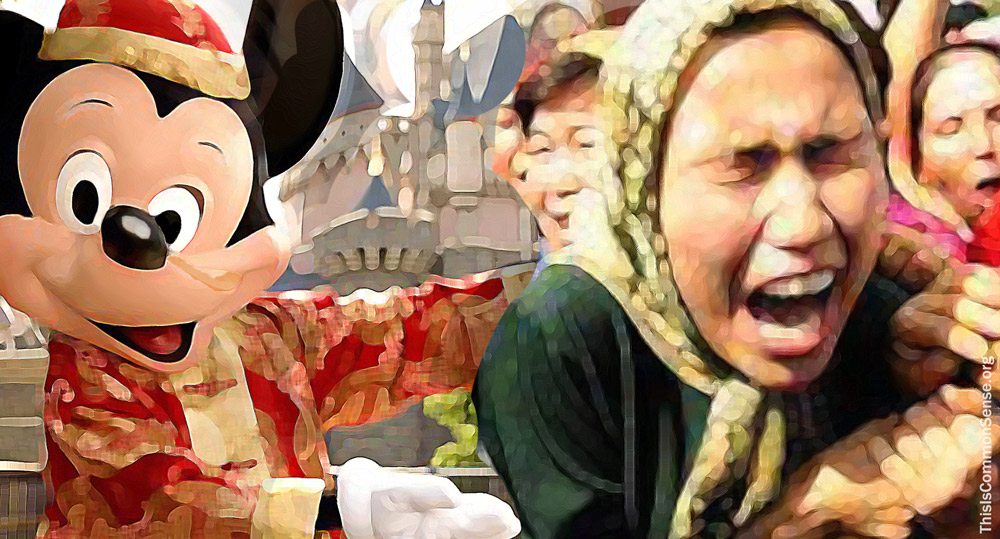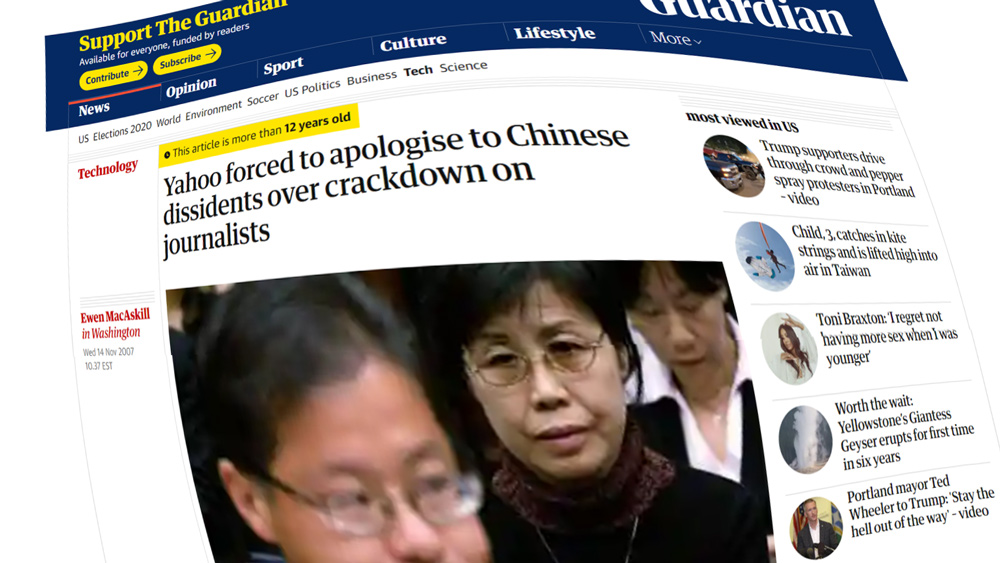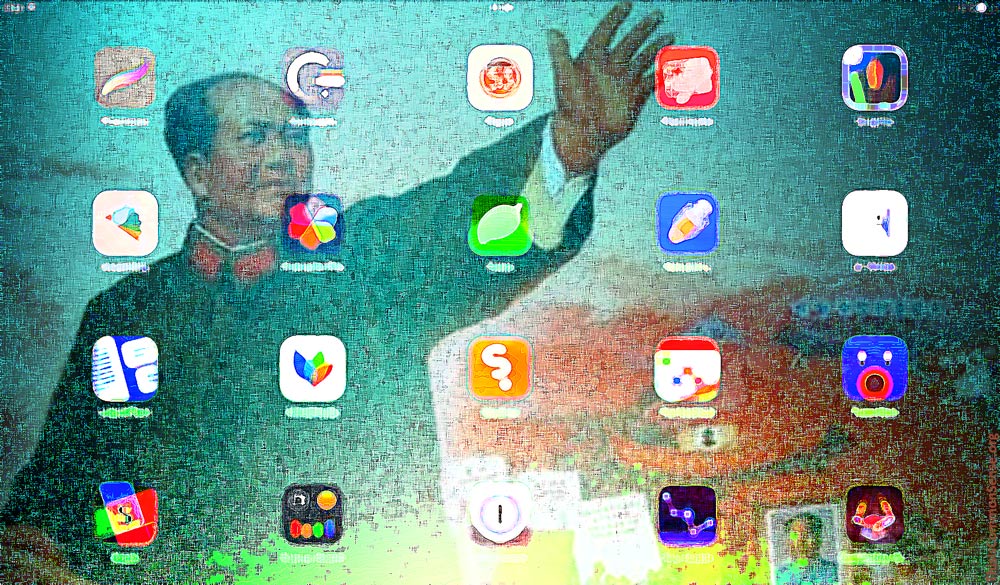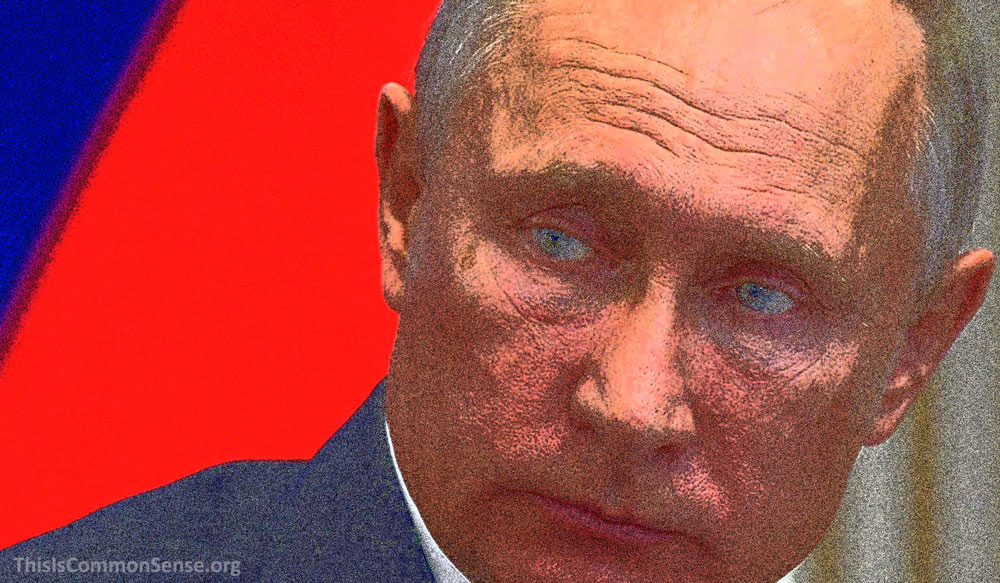The state of Georgia and the country of China differ. The policies of one are much worse than those of the other.
Thus, the Walt Disney Company seriously mulled refusing to do business in Georgia but was eager to film in China, near internment camps used to imprison Uyghur Muslims.
Last year, Disney Executive Chairman Bob Iger threatened to suspend Disney’s film work in Georgia if the state’s new restriction on abortion went into effect. The law would have prohibited abortion when a heartbeat could be detected in the fetus. Before the law was struck down, Iger said that Disney would likely leave Georgia if it survived challenge, because “many people who work for us will not want to work there, and we will have to heed their wishes.…”
Journalists and others have been excluded from the Xinjiang region. But satellite images and the accounts of victims and witnesses provide evidence that perhaps two million Uyghurs and others have been imprisoned in the camps there, where many have died. Others have been forcibly sterilized.
In addition to getting permission to film in Xinjiang for its new movie “Mulan,” a few years back Disney got the go-ahead to open a Disneyland in Shanghai.
In the film, Disney expressly thanks a propaganda arm of the CCP, the “publicity department of CPC Xinjiang Uyghur Autonomy Region Committee.”
Disney’s conduct seems reprehensible.
But let’s remember: the government of China is not exactly the government of Georgia.
This is Common Sense. I’m Paul Jacob.
N.B. In previous episodes of Common Sense with Paul Jacob, the people here identified as “Uyghur” — following the spelling used by Disney — were spelled as “Uighur.”
—
See all recent commentary
(simplified and organized)





